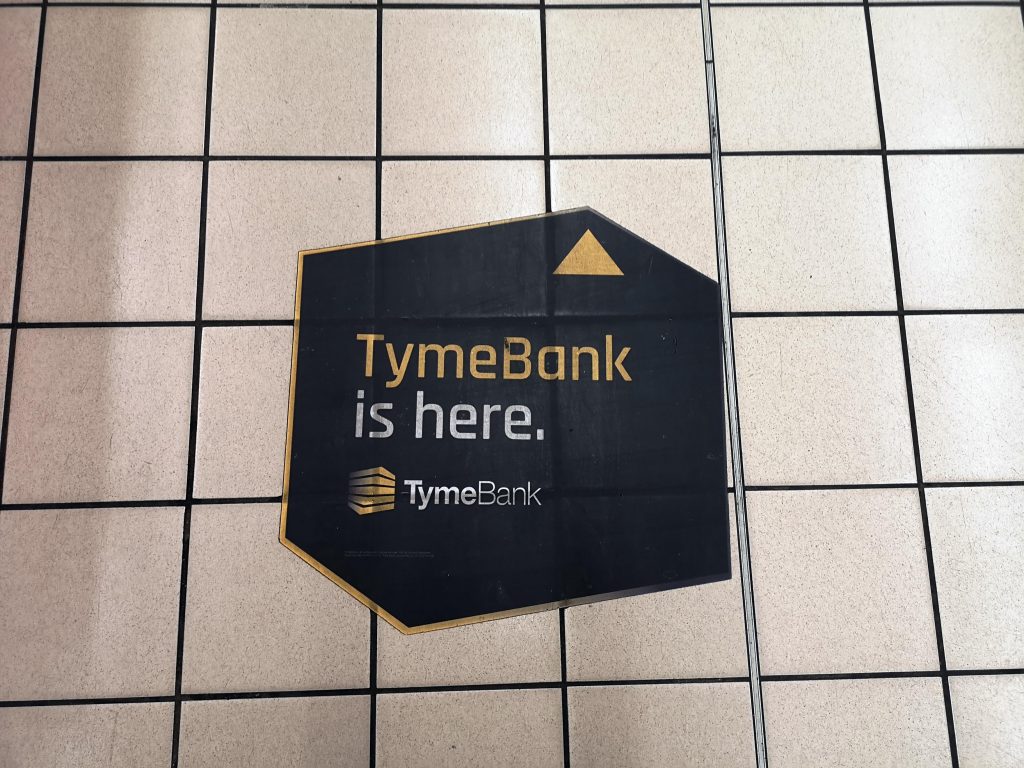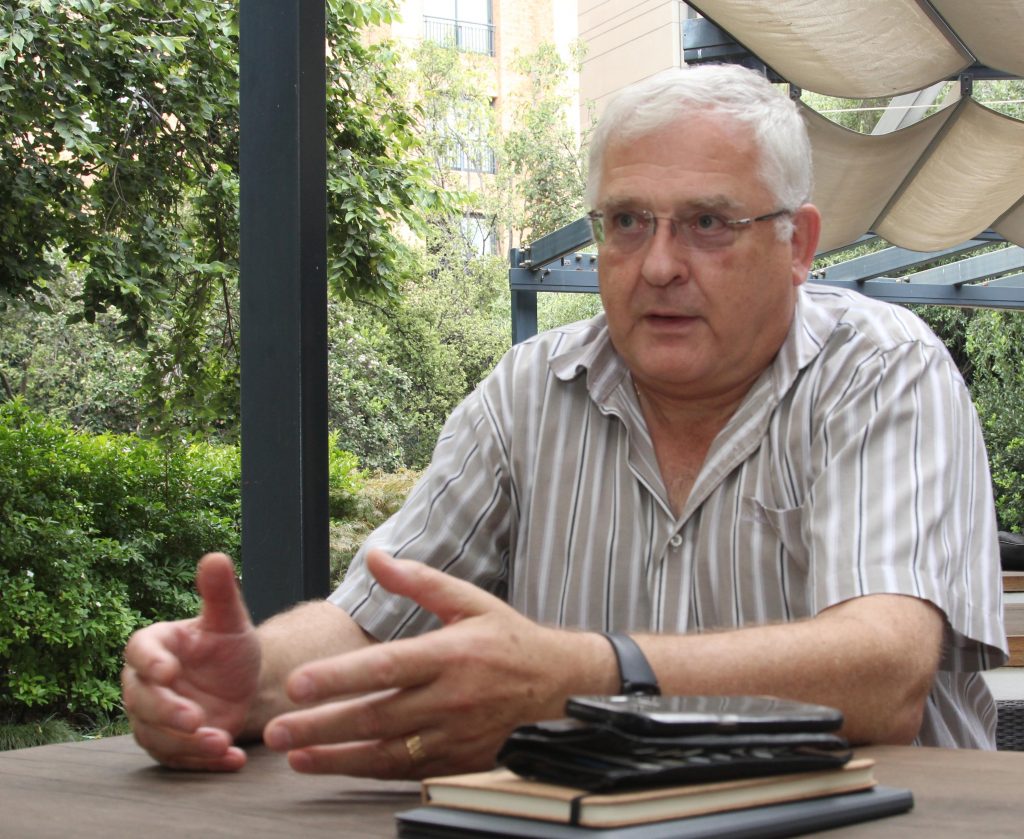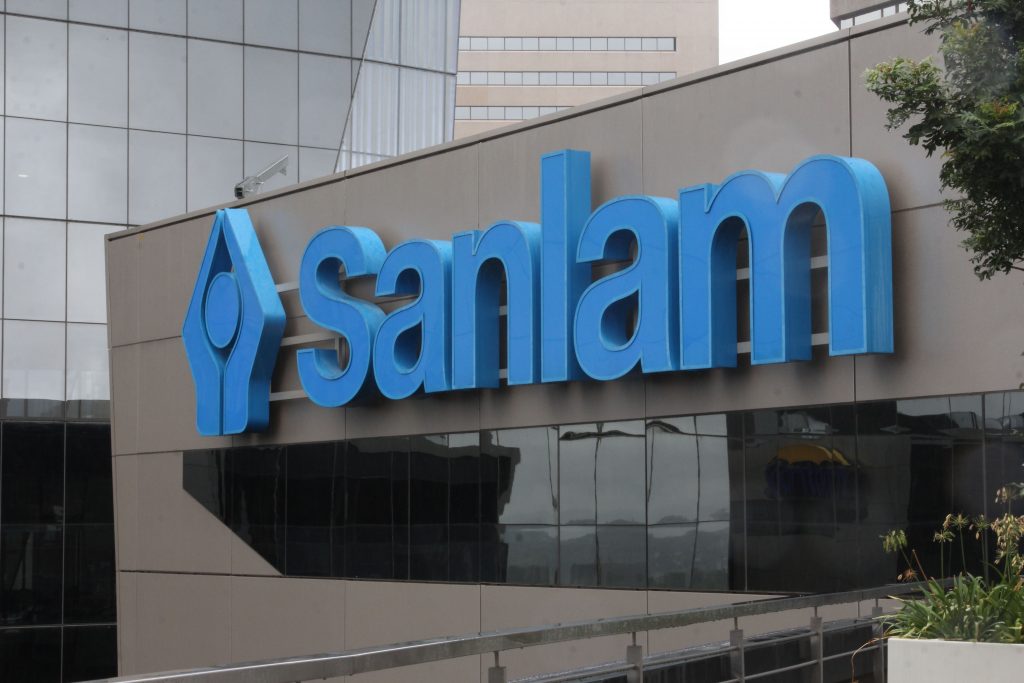The suspension of a financial manager at the Government Pensions Administration Agency (GPAA) after he raised concerns about alleged irregularities, has highlighted the need for stronger protection for whistleblowers, says Nicolaas van Wyk, CEO of the Chartered Institute for Business Accountants (Ciba).
In the wake of the incident and an industry outcry, Ciba has put forward a plan to establish a dedicated whistleblower protection fund in South Africa to provide legal, financial and psychological support for finance professionals who expose corruption and irregularities.
Read: Godongwana suspends pensions agency head over dodgy lease contracts
Van Wyk believes the financial profession and company administrators should contribute to such a fund, which could cover legal costs, temporary income, and trauma counselling for whistleblowers who often face dismissal or intimidation after coming forward.
Moneyweb reported earlier this week that Finance Minister Enoch Godongwana placed GPAA CEO Kedibone Madiehe on precautionary suspension over allegations of serious misconduct relating to high-value transactions. The Portfolio Committee on Public Service and Administration recently flagged that internal whistleblowers – notably a financial manager who objected to a R21 million payment – faced reprisals instead of having their concerns addressed.
CIPC levy proposed
Van Wyk says financial institutions expect financial managers and auditors to adhere to a code of conduct and follow proper reporting processes. “These are international standards we have adopted and when people join the profession, they commit to following them.
“Yet, we don’t provide real protection. Currently, when someone comes forward, they are welcomed. But later on, they can’t find work because companies don’t want to be associated with them. It’s a high price to pay for doing the right thing.”
ADVERTISEMENT
CONTINUE READING BELOW
Van Wyk proposes that the Companies and Intellectual Property Commission (CIPC) impose a compulsory levy of around R200 per year – similar to the Road Accident Fund levy – which could potentially generate hundreds of millions of rands to provide legal and financial support for whistleblowers.
Read:
RTMC CEO’s suspension due to host of serious whistleblower allegations
Absa staff face disciplinary action over information leaks
He says Ciba has had discussions with the CIPC about imposing a levy for the establishment of a whistleblower fund.
“We will also lobby decision-makers in government, including the Department of Justice and National Treasury. And if that does not succeed, perhaps we can explore voluntary contributions,” says Van Wyk.
He notes that financial crime in South Africa runs into billions of rands. “If businesses contribute to such a fund, it will help combat financial fraud. I don’t think companies would object. It would benefit all and show how important whistleblowers are to the financial system.”
Fear of retaliation
Van Wyk believes very few people are brave enough to blow the whistle when they have families, children in school, and related expenses. “They don’t act because they know they might lose their jobs. If they knew there was backing, more would come forward,” he says.
South Africa has legislation through the Protected Disclosures Act (PDA) – also known as the Whistleblowers Act – but it is viewed as inadequate to truly protect those who report wrongdoing. An amendment bill, aimed at addressing gaps in the country’s current whistleblower protection framework, is set to be introduced in parliament this year.
The United Nations Convention against Corruption (UNCAC) Coalition recently highlighted South Africa, among other African countries, for failing to provide sufficient protection to those who speak out.
ADVERTISEMENT:
CONTINUE READING BELOW
Babita Deokaran, Athol Williams, Jimmy Mohlala, Cynthia Stimpel and Martha Ngoye were explicitly mentioned as examples of individuals who exposed wrongdoing in state institutions or state-owned enterprises, yet were left isolated, unsupported, exposed – and in the cases of Deokaran and Mohlala, tragically murdered.
Read: IDC challenges order preventing it from interviewing ARTsolar-linked whistleblowers
International examples
Van Wyk cites US legislation, such as the Dodd-Frank Act and the Sarbanes-Oxley Act, as international examples of whistleblower protection.
The Dodd-Frank Act of 2010, passed in response to the 2008 financial crisis, prohibits retaliation against whistleblowers and makes provision for compensation in cases where fines are imposed.
The Sarbanes-Oxley Act of 2002, introduced following corporate scandals such as Enron, protects employees of publicly traded companies from retaliation when reporting fraud.
Read: Protecting whistleblowers: A national imperative [Jan 2024]
Listen/read: Whistleblowers: There’s scope for more legislation [Jul 2023]
Follow Moneyweb’s in-depth finance and business news on WhatsApp here.

 1 week ago
2
1 week ago
2






















 English (US) ·
English (US) ·